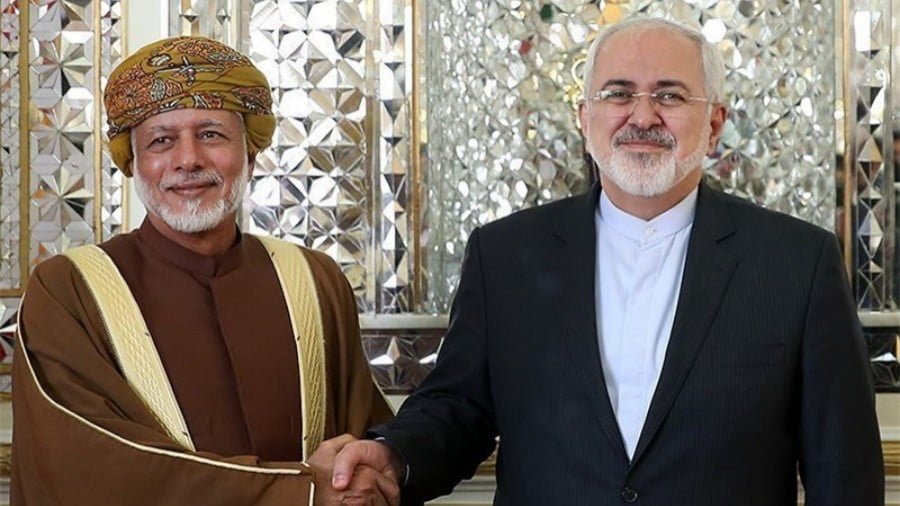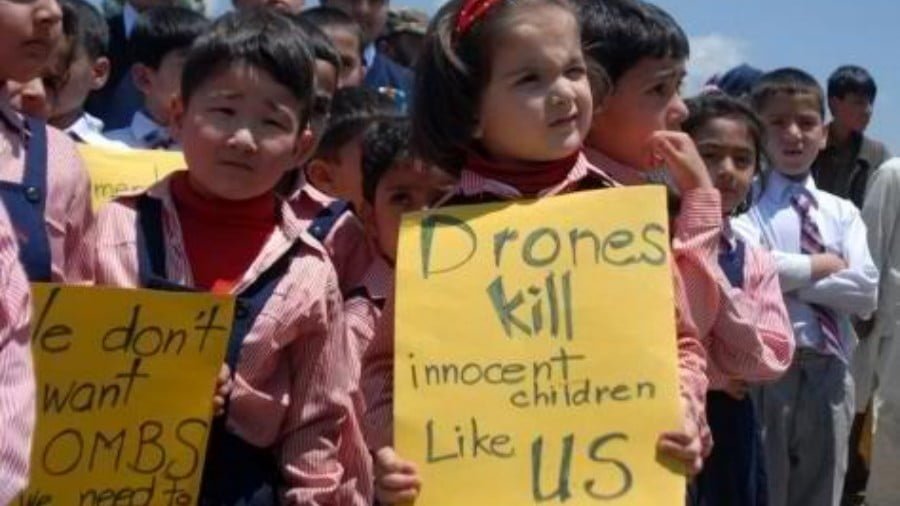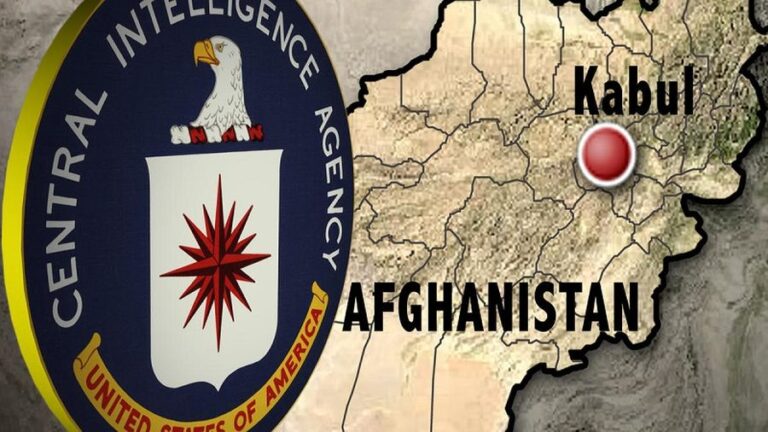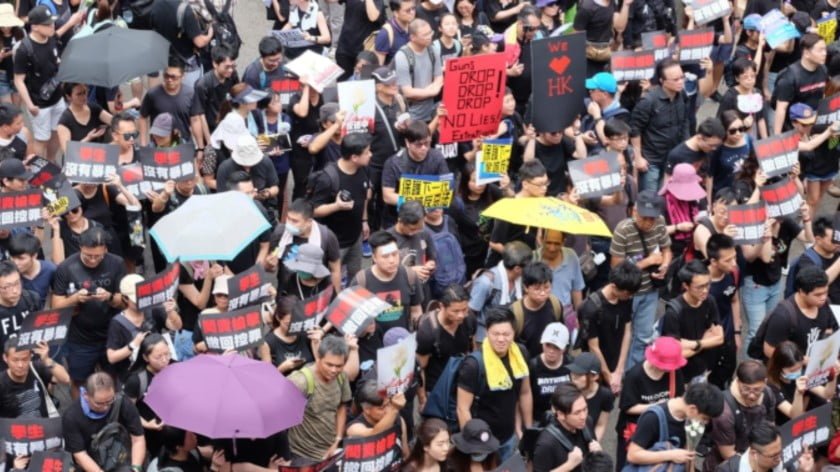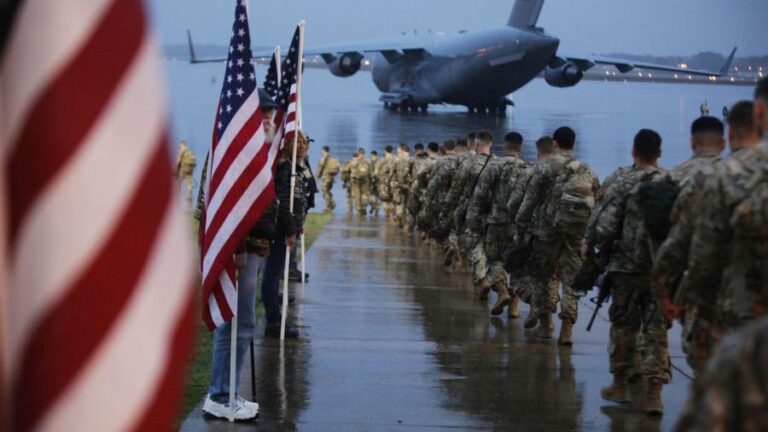Can Oman Build a Ladder for Trump to Come Down the Iranian Tree He Climbed?
The US establishment wrongly believed that it could deal with Iran as with North Korea, using a carrot and stick. Threatening diplomacy has never worked with the “Islamic Republic” since 1979 when the Shah fell and Imam Khomeini seized power. It is true that US pressure on Iran over the last months has plunged the country into a monetary crisis with the local currency in a continuous free fall. Nevertheless, the US threat has united the entire country for the first time since the death of Ruhollah Khomeini. The Iranian Revolutionary Guards Corps (IRGC) – considered the current leading hardliners – and the political elite – seen by the West as pragmatic moderates – are now in perfect harmony and are adopting the same harsh and aggressive posture towards Trump. Indeed, the US still has a lot to learn about the Persian empire and its patient approach to the new occupant of the White House. Its leaders will not accept any meeting or negotiations without a US gesture of goodwill, and the restoration of the illegally and unilaterally revoked Joint Comprehensive Plan of Action (JCPOA) and the lifting of all sanctions.
At the same time. Iran is not closing all doors on the US. Following last week’s exchange of threatening words between Iran and the US, Oman Foreign Minister Yusuf Bin Abdullah received the visit of Iran Foreign Minister Javad Zarif. He travelled to Washington this week and met with US Defence Secretary Jim Mattis, Secretary of State Mike Pompeo and National Security Advisor John Bolton to discuss the Iranian crisis.
President Donald Trump has expressed his unconditional willingness for a meeting with his Iranian counterpart Hassan Rouhani. Mahmoud Vaezi, Rouhani’s chief of Staff, revealed that Trump asked eight times to speak with the Iranian President, who rejected Trump’s requests.
According to sources within the Iranian Leadership, “following a meeting at top levels, it was agreed between the Iranian Revolutionary Guard Corps (IRGC) and President Rouhani that the famous General Qassem Soleimani, head of the IRGC-al Quds Brigade, would respond to Trump’s menace.”
Rouhani was advised, “You are a venerable cleric and President, therefore it would be inappropriate for a person like yourself to respond to such an indecent and vulgar President in Washington.”
Many years ago, when Ahmadinejad was in power, the Iranian political leadership managed to convince Grand Ayatollah Sayyed Ali Khamenei of the necessity of dialogue between the US and Iran. This resulted in the signing of the JCPOA in 2015 by a group of world powers. Despite his consent to these discussions, Sayyed Khamenei never ceased to remind President Rouhani of the US’s notorious unreliability and the prudence necessary in dealing with the American establishment. Khamenei wanted to give a chance to the pragmatic president and his team who were hopeful that such a deal could improve the Iranian economy.
Rouhani was vindicated: today, the UN and Europe are not joining the US sanctions and Turkey, India, Russia and China say they will not abide by the US unilateral sanctions. At the same time, Iran has threatened to close the straits of Hormuz, the world’s most crucial sea transit for oil shipments if the US prevents Tehran from selling its oil. Some analysts doubt Iran’s military capability to deliver on this threat.
Iranian military officials are thinking, “We have nothing to lose if we can’t export our oil and are confined within our borders. Any oil shipments can be hit from afar and that would mean a wider war with consequences that would nullify insurance contracts; the price of oil would then be unaffordable for all non-oil producers”.
The Iranian military commander did not limit his menace to hitting “35 US bases in Minutes” but added:
“Syria, Lebanon, Iraq, Afghanistan, Pakistan, Yemen and many other countries will be involved. Iran is not alone and we have friends and arms in many places. We are aware of US military superiority, but we shall not capitulate without involving all countries around us in a war if this is what Trump wants.”
Every Iranian official I spoke to said
“there is no trust in this US establishment” and that “Iran needs practical proof before initiating any dialogue.” “The US tried to isolate Iran from Russia and China when signing the JCPOA, in the hope that Tehran would accept to stand by the US. This was a wrong approach because Russia and China are well established and reliable partners and we certainly can’t say the same for the US. Trump wants to sit down with us without conditions. We don’t want to sit down with him unless he backs off. His style of pressure is not the way to attract Iran; on the contrary, it is the best way to push us far away. One thing is clear: we shall not negotiate away our missile production and capabilities and the support we offer our allies in the Middle East. If this is what he wants, he can stay where he is.”
For Iranians on both sides of the political spectrum, there are no differences between Sayyed Khamenei and Rouhani. There is a distribution of roles and the spiritual leader stands by the president as long as the line between their responsibilities is respected.
“Sayyed Ali Khamenei didn’t close the door on the presidential team negotiating Middle East issues unrelated to the nuclear deal, but only once all sanctions are lifted and the US respects all articles agreed to in the JCPOA. Obama didn’t respect the deal but neither did he revoke it. Trump is dropping it and asking for further concessions. This is not going to happen,” said the Iranian source.
The US shows no respect for any Middle Eastern leader because Trump believes they are in power only because he supports them. This is not true in the case of Iran, a country that rejected US domination in 1979 and has challenged it ever since. Its support for Iraq, Syria, Hezbollah in Lebanon, and Yemen all represent a sore thumb to the US establishment and its allies. Russia will not be able to force Iran out of Syria, Israel failed to defeat Hezbollah in Lebanon, and Saudi Arabia is failing in its mad war on Yemen. Trump will only make the world less safe.
*(Top image intro: ranian Foreign Minister Mohammad Javad Zarif in meeting with Oman’s Minister Responsible for Foreign Affairs Yusuf bin Alawi bin Abdullah)

